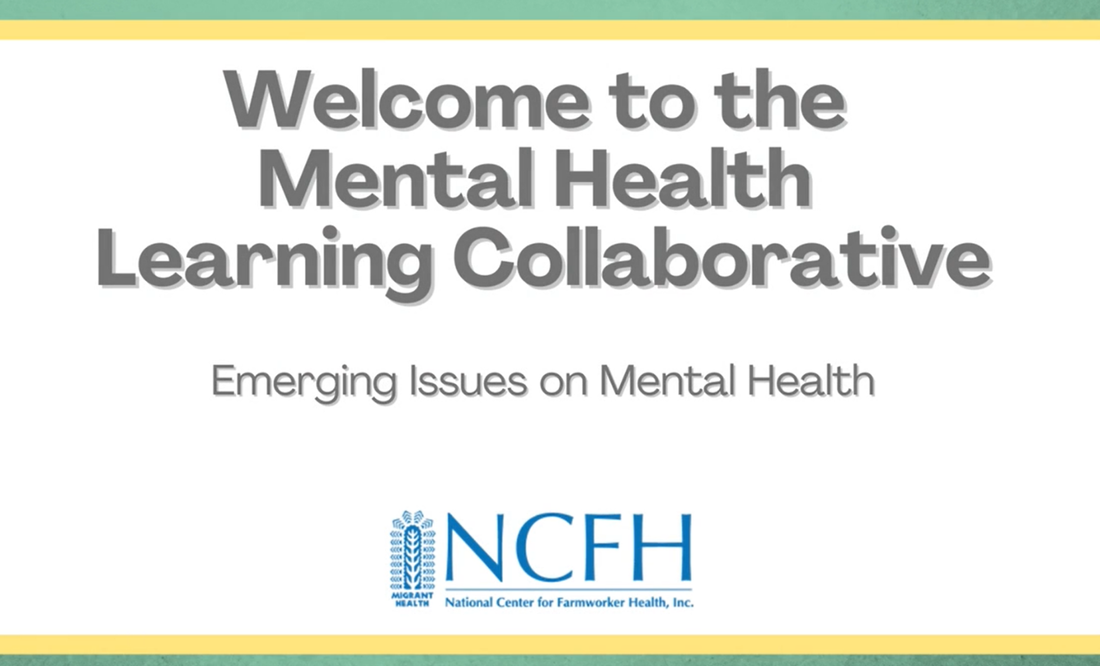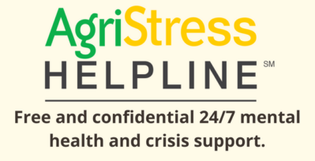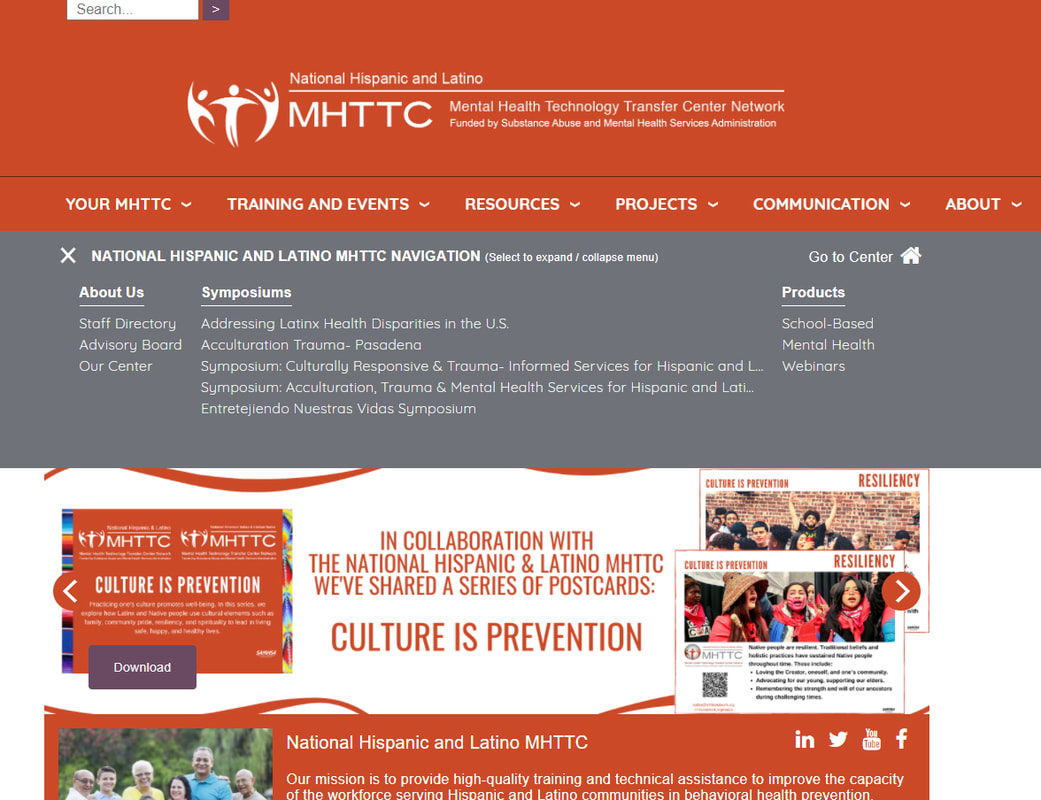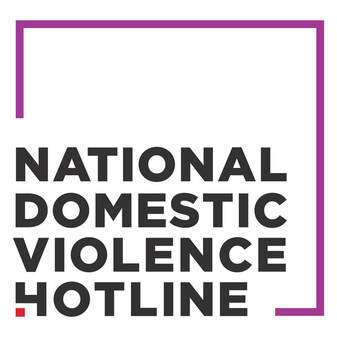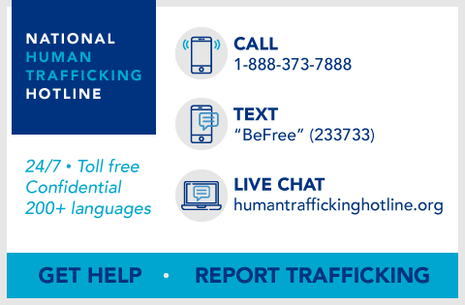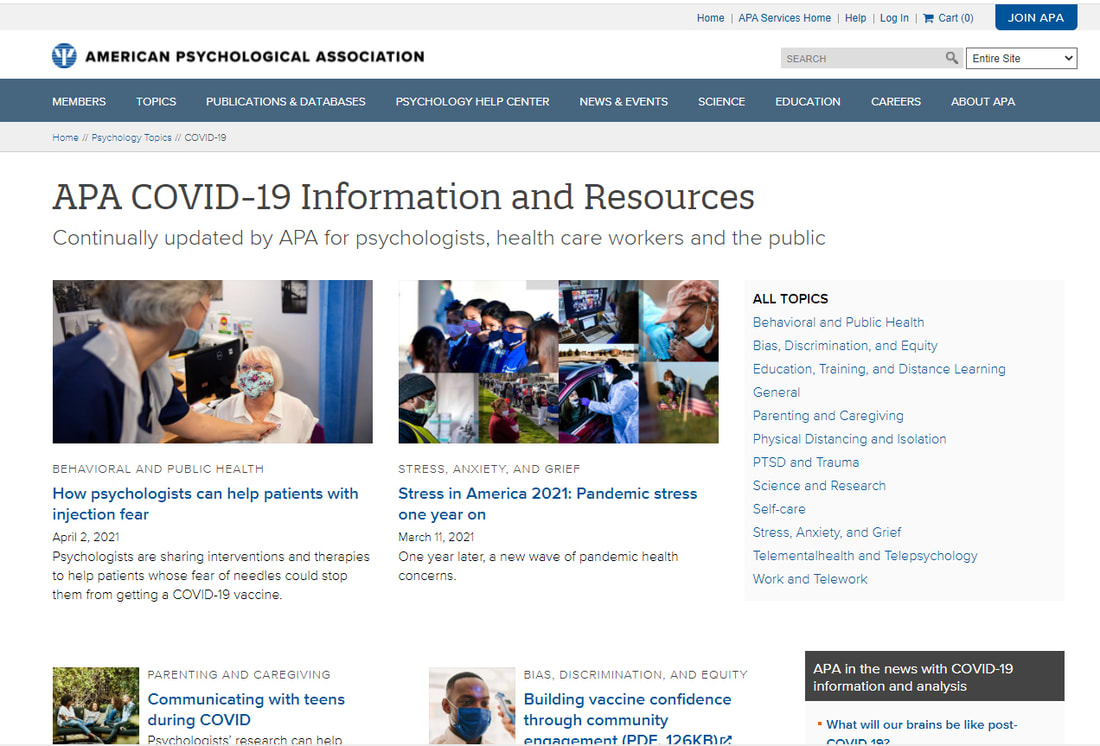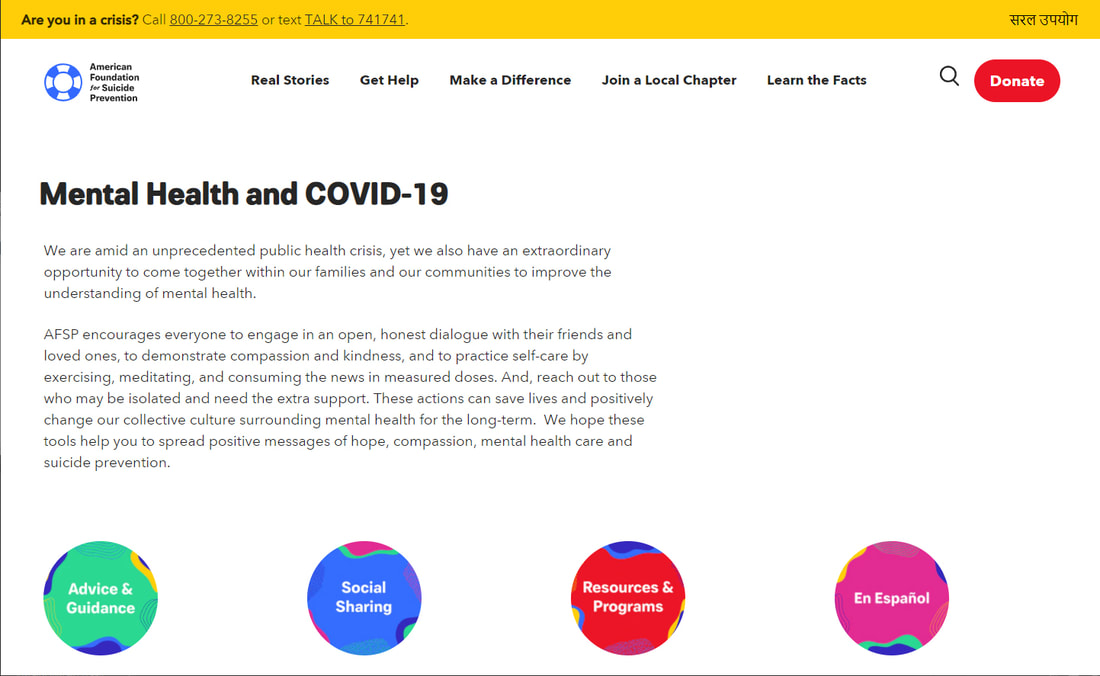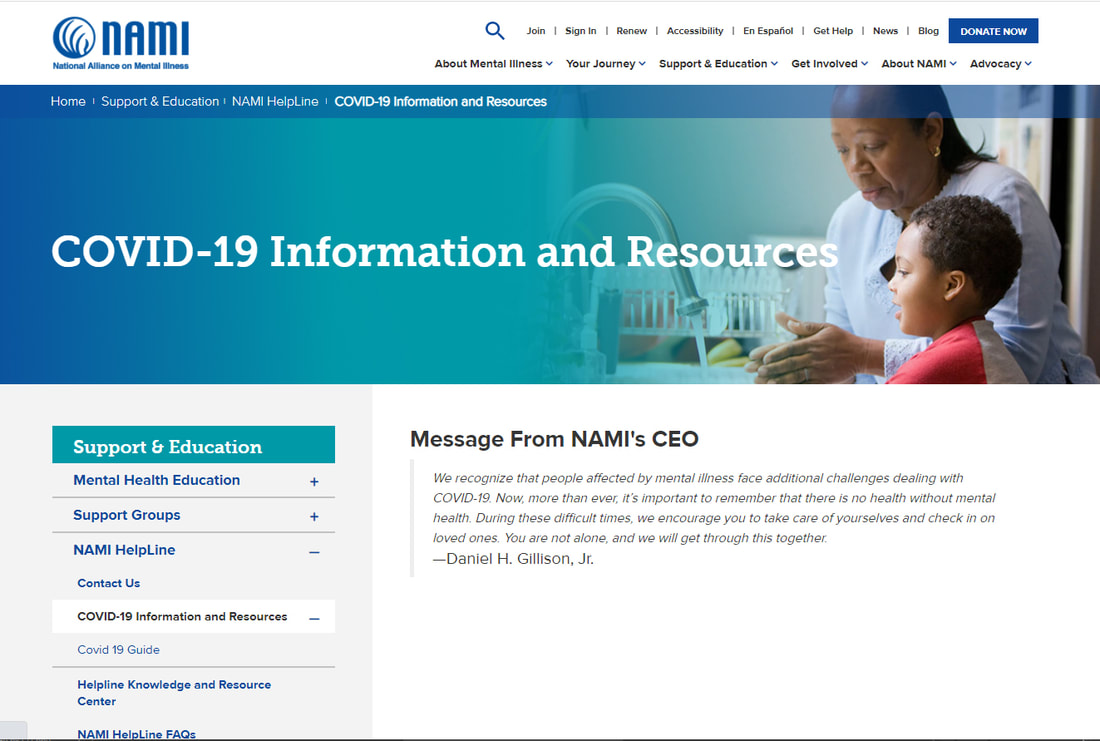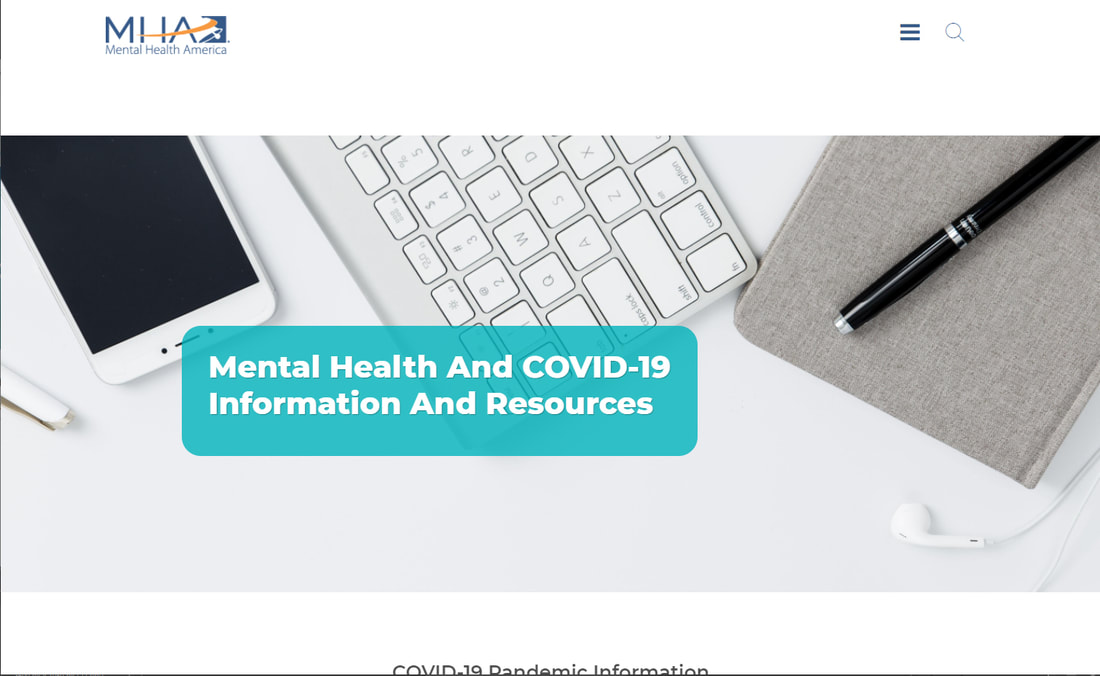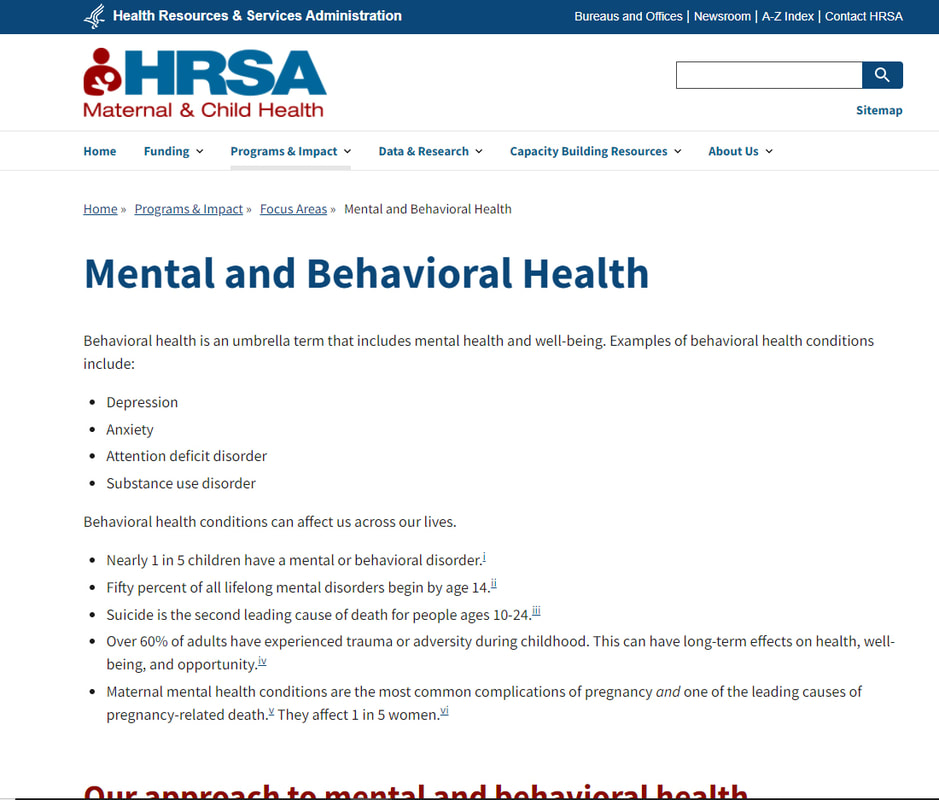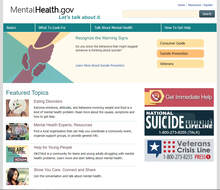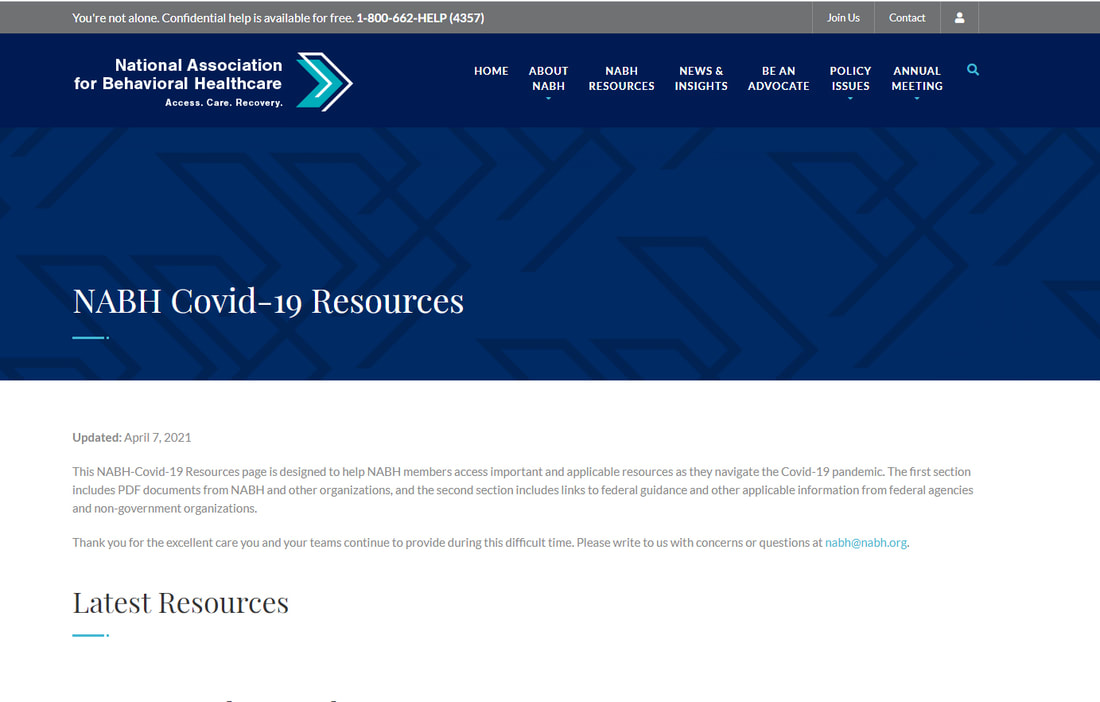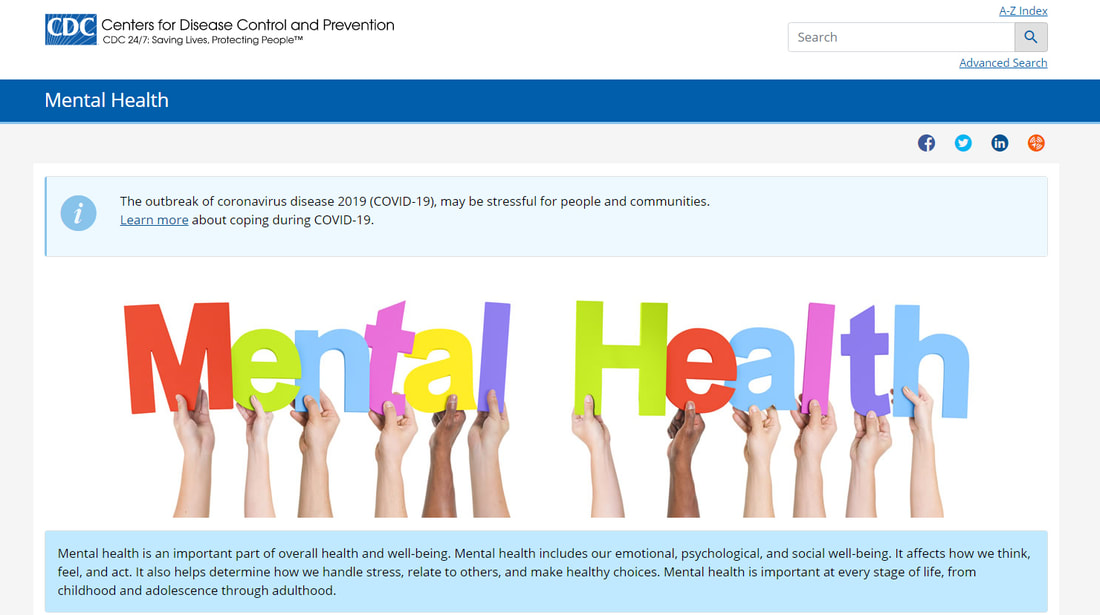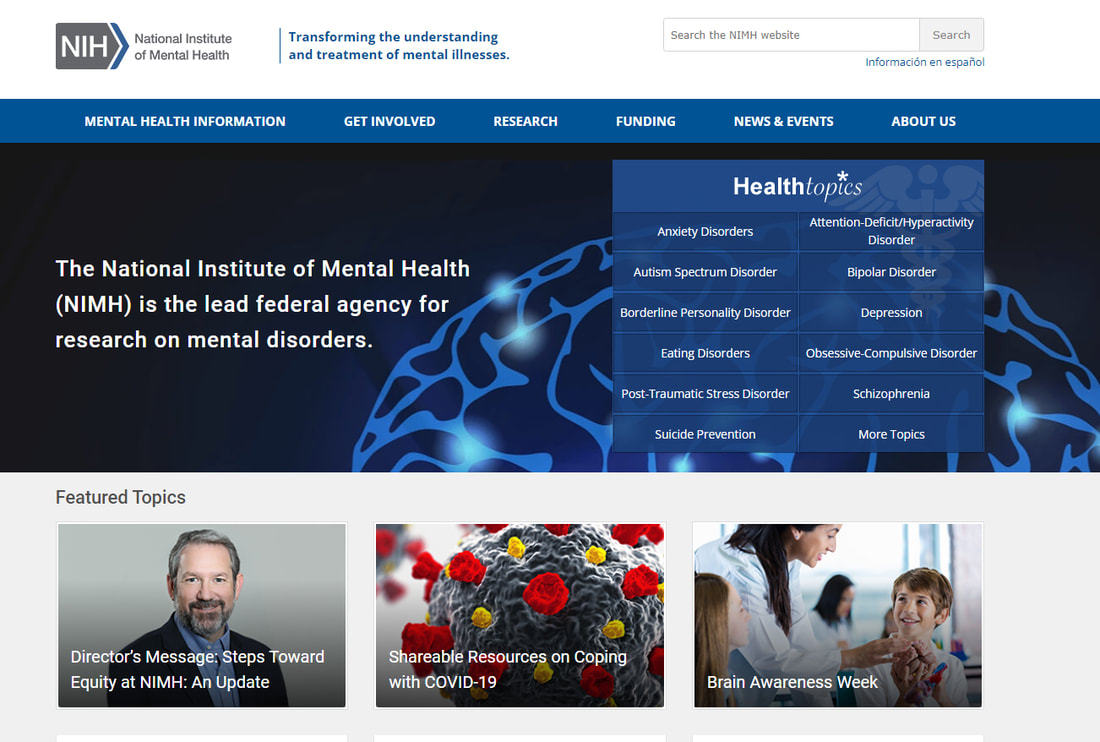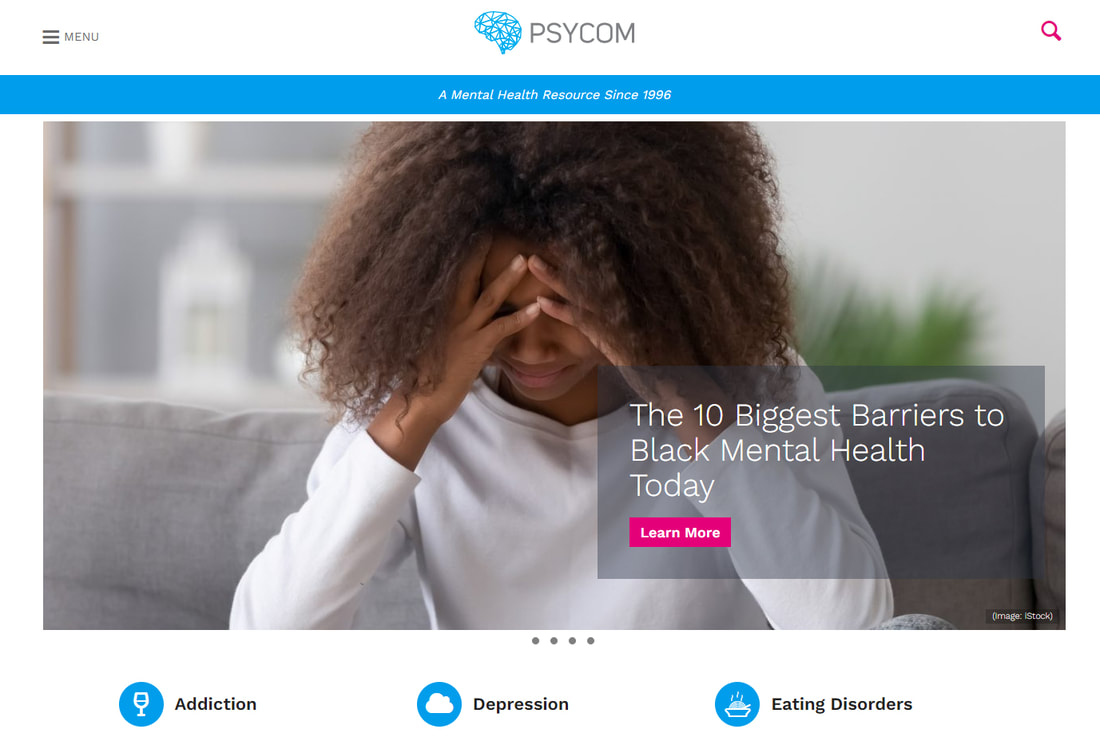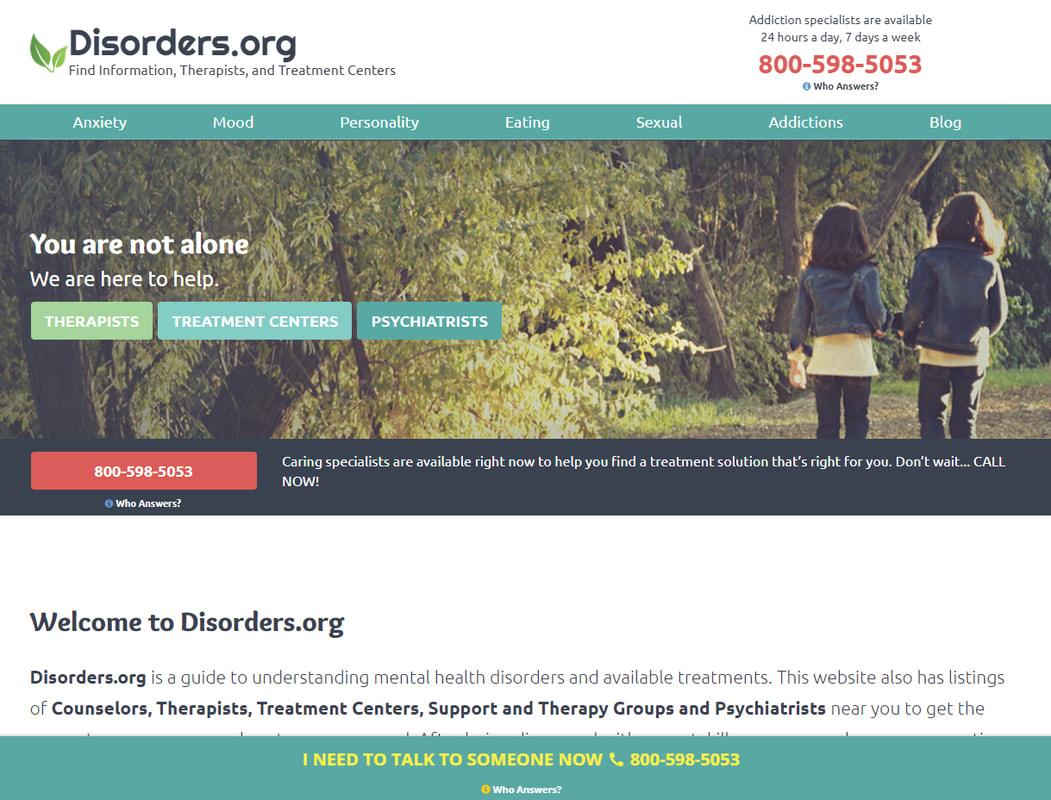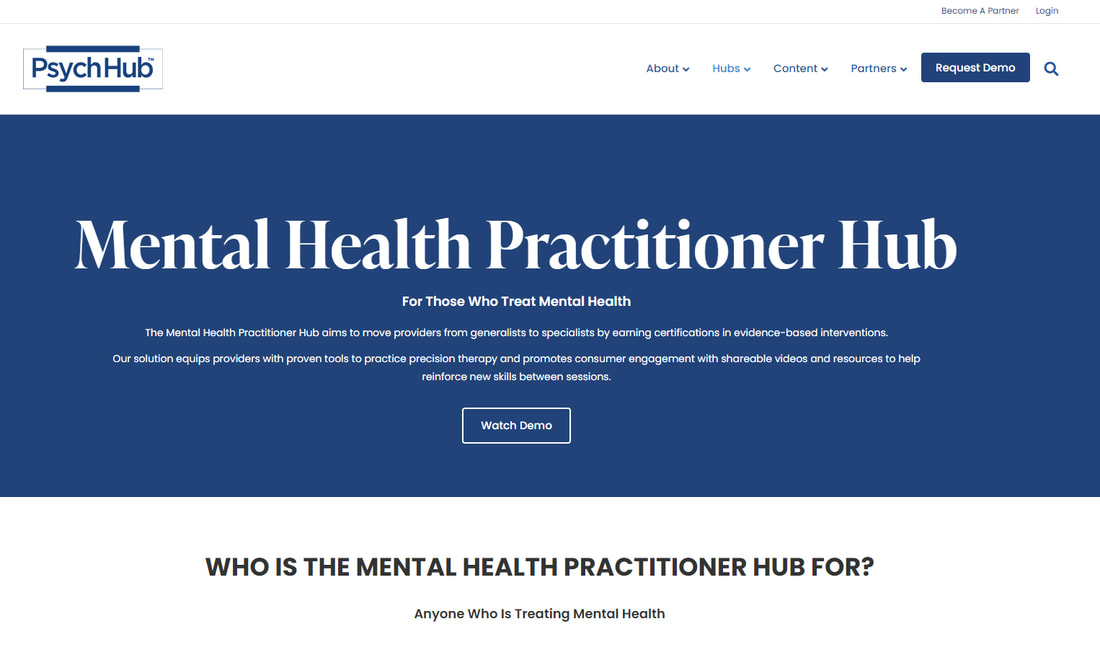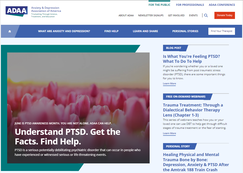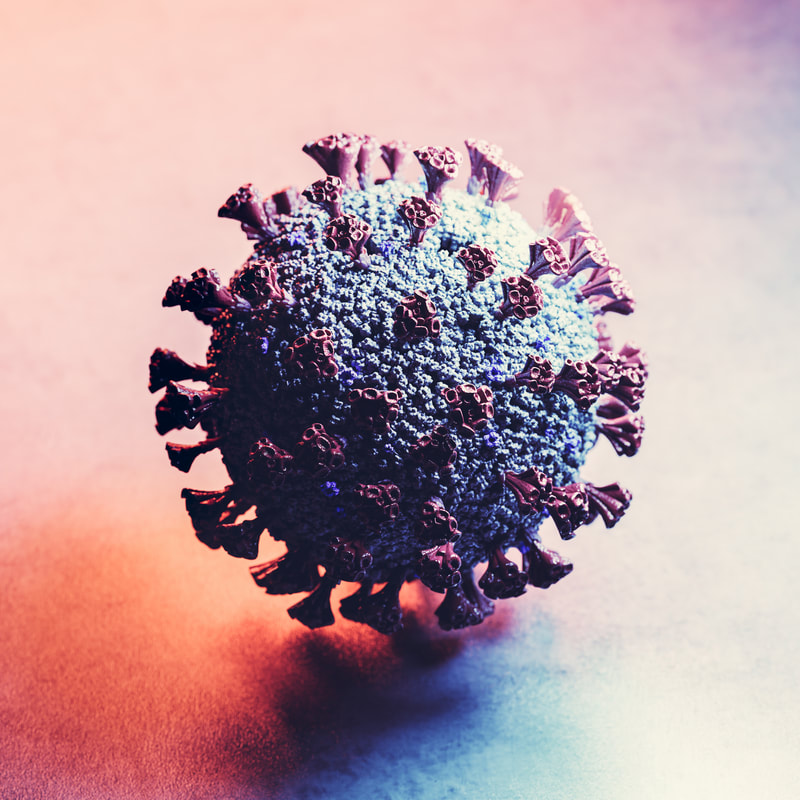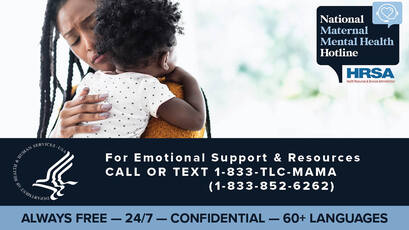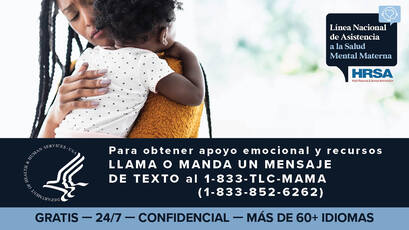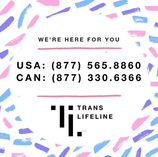Welcome to NCFH’s Mental Health Resource Hub!
NCFH has developed this Mental Health Resource Hub to address the need for information on behavioral health integrated services and mental health with Migratory and Seasonal Agricultural Workers (MSAWs). We also seek to provide this population greater access to culturally appropriate mental health services across the country.
The Mental Health Resource Hub provides patient education materials, mental health screening tools, and national resources that support mental health outreach and advance integrated behavioral health interventions utilized with the MSAW population. It also features screening tools gathered from guest speakers and health resources and patient education materials developed by NCFH with input from the Mental Health Learning Collaborative (MHLC), a collaboration supported by HRSA to the build the capacity of health center staff within Migrant and Community Health centers in successfully integrating behavioral health services with primary care for their MSAW patients.
The Mental Health Resource Hub provides patient education materials, mental health screening tools, and national resources that support mental health outreach and advance integrated behavioral health interventions utilized with the MSAW population. It also features screening tools gathered from guest speakers and health resources and patient education materials developed by NCFH with input from the Mental Health Learning Collaborative (MHLC), a collaboration supported by HRSA to the build the capacity of health center staff within Migrant and Community Health centers in successfully integrating behavioral health services with primary care for their MSAW patients.
The MHLC included learning sessions focused on understanding mental health conditions prevalent among MSAWs; occupational and environmental risk factors that contribute to mental health conditions; challenges and barriers in providing integrated mental health services; and the overall impact of COVID-19 on mental health service delivery.
Staff who participated in the MHLC included clinical supervisors and coordinators, Community Health Workers (CHWs), mental health providers, and other Health Center staff involved in the implementation and/or delivery of integrated behavioral health services.
Special thanks to our participating MHLC Members and guest speakers!
Staff who participated in the MHLC included clinical supervisors and coordinators, Community Health Workers (CHWs), mental health providers, and other Health Center staff involved in the implementation and/or delivery of integrated behavioral health services.
Special thanks to our participating MHLC Members and guest speakers!
|
Cohort participants:
|
|
Scroll through the tabs below to find the mental health resources you need.
-
FOR AGRICULTURAL WORKERS
-
FOR THE LATINX COMMUNITY
-
SCREENING TOOLS
-
NATIONAL RESOURCES
-
COVID-19 SPECIFIC RESOURCES
-
MATERNAL MENTAL HEALTH
-
LGBTQ MENTAL HEALTH
-
SUBSTANCE USE & MENTAL HEALTH
-
WORKFORCE MENTAL HEALTH
<
>
|
AgriStress Helpline: a free and confidential crisis response and resource line available to agricultural communities in CO, CT, MO, MT, OR, PA, TX, VA, WA, and WY. Interpretation services available 24/7 in 160 languages. Call or text now: 833-897-2474.
For more information visit the AgriStress Helpline page |
Mental/Behavioral Health Issues: a list of resources recommended by AgrAbility for addressing farm stress and mental health issues amongst agricultural workers.
Rural Response to Farmer Mental Health and Suicide Prevention: a list of resources recommended by Rural Health Information Hub in response to farmer worker mental health and suicide prevention.
Rural Response to Farmer Mental Health and Suicide Prevention: a list of resources recommended by Rural Health Information Hub in response to farmer worker mental health and suicide prevention.
Seasons Change | You Remain (SM) Mental Health Toolkit & Resources: a social media toolkit with messaging promoting mental health topics and resources for agricultural workers during the various seasons.
Salud Mental y el Impacto en el Bienestar de Las Familias de Agricultores (Spanish): a resource in Spanish from AgriSafe related to mental health and the impact it has on the wellbeing of agricultural worker families.
Salud Mental y el Impacto en el Bienestar de Las Familias de Agricultores (Spanish): a resource in Spanish from AgriSafe related to mental health and the impact it has on the wellbeing of agricultural worker families.
|
Sanarai: a Spanish online platform that connects the Latinx community to mental health professionals in Latin America to provide culturally sensitive, Spanish-language emotional support at accessible prices.
|
Farmworker Safety Card Tool and Informational Sheet: a new safety card tool and accompanying informational sheet for farmworkers and for the professionals who work with them, on intimate partner violence, health care access, and relationship support from Health Partners on IPV + Exploitation, a project of Futures Without Violence, and Alianza Nacional de Campesinas.
Colorado Agricultural Addiction and Mental Health Program: A program developed by partnering organizations in Colorado from the agricultural and behavioral health industries with the shared goal of caring for farmers, ranchers, and agricultural workers who have been impacted by climate change, market instability, and rapidly changing political climates.
Colorado Agricultural Addiction and Mental Health Program: A program developed by partnering organizations in Colorado from the agricultural and behavioral health industries with the shared goal of caring for farmers, ranchers, and agricultural workers who have been impacted by climate change, market instability, and rapidly changing political climates.
NCFH Health Resources and Patient Education Materials:
- Fact Sheet: Ag Workers and Mental Health
- Addressing Mental Health Amongst Ag Workers: A tip sheet for Health Care Workers to engage in conversations about mental health with agricultural workers.
- Tips to Have Less Stress: A patient education material to share with agricultural workers when identifying ways to reduce stress.
- Preparing for Your Mental Health Visit: Tips to prepare for your first visit with your mental health provider.
- Let’s Talk About Anxiety: an easy to understand teaching tool that explains different causes of anxiety and different treatment options.
- Let’s Talk About Depression: an easy to understand teaching tool that explains different causes of depression and different treatment options
- Let’s Talk About Mental Health: an easy to understand teaching tool that explains different mental health situations and different help options.
- Como Superé Mi Depresión /How I Over Came My Depression: a bilingual digital story about Angel, a man who shares his account of dealing with depression, the challenges he faced, and tips on how to succeed.
Exhale to Inhale: a non-profit organization whose mission is to use healing practices of trauma-informed yoga to empower survivors, while helping communities to develop the skills and knowledge to support them.
Latinx/Hispanic Communities and Mental Health: a report from Mental Health American on the Latinx/Hispanic community and how mental health impacts this population.
Depression and Addiction Resource Guide: this comprehensive guide from BOCA Recovery Center provides information about depression and addiction, how they intertwine, and provides dual diagnosis treatment programs for optimal support.
Guide to Online Therapy: a review from the National Council on Aging about what online therapy is, how it works, different types of online therapy available, and popular online therapy platforms.
Better Help: an online therapy platform whose mission is to make professional therapy accessible, affordable, and convenient, so anyone who struggles with life’s challenges can get help, anytime and anywhere.
The REACH Insitute: a non-profit organization who's dedicated to ensuring that the most effective, scientifically proven mental health care reaches all children and families.
Mental Health Resources for the Latinx Community: A list of facts and resources from Innerbody to support mental health within the Latinx community.
Latinx/Hispanic Communities and Mental Health: a report from Mental Health American on the Latinx/Hispanic community and how mental health impacts this population.
Depression and Addiction Resource Guide: this comprehensive guide from BOCA Recovery Center provides information about depression and addiction, how they intertwine, and provides dual diagnosis treatment programs for optimal support.
Guide to Online Therapy: a review from the National Council on Aging about what online therapy is, how it works, different types of online therapy available, and popular online therapy platforms.
Better Help: an online therapy platform whose mission is to make professional therapy accessible, affordable, and convenient, so anyone who struggles with life’s challenges can get help, anytime and anywhere.
The REACH Insitute: a non-profit organization who's dedicated to ensuring that the most effective, scientifically proven mental health care reaches all children and families.
Mental Health Resources for the Latinx Community: A list of facts and resources from Innerbody to support mental health within the Latinx community.
For adults:
|
- Depression Screening Tool Kit: a toolkit from Accountable Health Partners that provides resources on PHQ2/9 screenings, screening results action plans, medication management, patient education and crisis intervention resources.
- Generalized Anxiety Disorder Assessment (GAD7): to assess for presence and severity of generalized anxiety and impact on daily functioning.
- Primary Care PTSD Screen for DSM-5 (PC-PTSD-5): to identify respondents with probable post-traumatic stress disorder (PTSD).
- Alcohol Use Disorders Identification Test (AUDIT): to identify hazardous or harmful alcohol consumption.
- Drug Abuse Screening Test (DAST-10): a quantitative index for the degree of consequences related to drug abuse.
Safety Assessments:
|
Domestic Violence/ Intimate Partner Violence
|
Suicidal Ideation
- 988 Suicide & Crisis Lifeline: (formerly known as the National Suicide Prevention Lifeline) offers 24/7 call, text and chat access to trained crisis counselors who can help people experiencing suicidal, substance use, and/or mental health crisis, or any other kind of emotional distress. People can also dial 988 if they are worried about a loved one who may need crisis support.
- Live crisis center calling services available in English and Spanish and Language Line Solutions able to provide translation services in over 250 additional languages. Text and chat are currently available in English only.
- Call or text 988
- TTY Users: Use your preferred relay service or dial 711, then 1-800-273-8255
- Chat also available at: https://988lifeline.org/chat/
- SAFE-T Pocket Card: Suicide Assessment Five-Step Evaluation and Triage for Clinicians: a downloadable five-step plan to identify risk factors and protective factors, conduct a suicide inquiry, determine risk level and interventions, and document a treatment plan.
- National Institute of Mental Health (NIMH) Suicide Risk Screening Tool: a brief tool to screen for suicide risk with ALL ages
- Suicide Prevention Resources: wallet cards available to download and share with your patients.
- Suicidal Thoughts and Autism: Resources & How to Help: this resource from Elemy, (formerly known as Sprout Therapy) explains how to recognize warning signs in those that are Neurodivergent, as well as suicide risk factors and prevalence. Additional important topics such as treatment options and advice for parents and parents are also covered.
Human Trafficking
|
For Children and Adolescents:
|
|
- COVID-19 Pandemic: Information, resources and research from the World Health Organization (WHO) related to COVID-19.
- OSHA COVID-19 page: Information and resources on COVID-19 from the Occupational Safety and Health Administration (OSHA) U. S. Department of Labor
- COVID-19 Mental Health and Addiction: Resources from ARK: Behavioral Health on COVID-19 Mental Health and Addiction
- Tips for Healthcare Professionals: Coping with Stress and Compassion Fatigue: An English tip sheet from the Substance Abuse and Mental Health Services Administration (SAMSHA) for healthcare professionals on dealing with stress and compassion fatigue resulting from the COVID-19 pandemic.
- COVID Coach Mobile App: An app was created for everyone, including Veterans and Service members, to support self-care and overall mental health during the coronavirus (COVID-19) pandemic.
- Consejos para sobrevivientes de una pandemia: Control del estrés: A Spanish tip sheet from the Substance Abuse and Mental Health Services Administration (SAMSHA) that describes some of the common reactions to a pandemic and other disasters, and ways to deal with them.
- OCD and COVID-19: site with information about obsessive-compulsive disorder (OCD) and how people with OCD have been impacted during the COVID-19 pandemic.
|
Línea Nacional de Asistencia de Salud Mental Materna para Mamas Primerizas y Embarazadas: Apoyo también disponible en español.
|
- NCFH Factsheet: Maternal and Child Health Factsheet
- Depression During and After Pregnancy- information and resources from the Centers for Disease and Control and Prevention (CDC) on depression during and after pregnancy.
- Maternal Mental Health | MHA- information on Maternal Mental Health from Mental Health America (MHA).
- Maternal and Child Mental Health- statistics and information from the World Health Organization (WHO) on maternal and child mental health.
- What are MMH Disorders?- statistics and information from the Blue Dot Project on Maternal Mental Health (MMH) Disorders.
- Maternal Mental Health Program | HWHI- information about the Hoag Maternal Mental Health Program, which is dedicated to helping women experiencing mental health conditions before, during, and after pregnancy.
- Mom’s Mental Health Matters- information about the National Child and Maternal Health Education Program.
|
- MotherToBaby: a program of the non-profit Organization of Teratology Information Specialists (OTIS), who is the nation’s leading authority and most trusted source of evidence-based information on the benefit or risk of medication and other exposures during pregnancy and while breastfeeding.
- Effects of Intrauterine Fetal Demise (Stillbirth): An educational resource from the Birth Injury center that describes the cause of Intrauterine Fetal Demise, its signs and symptoms, and the effects it has on a person’s physical and mental health.
|
|
- LGBT National Coming Out Support Hotline: a non-profit organization that provides vital peer support, community connections, and resource information through helplines and chatrooms. *Access by phone at 888-688-5428.
- The Trevor Project: A youth-specific organization aimed at supporting the mental health and well-being of LGBTQ youth.
- Supporting Black LGBTQ Youth Mental Health: A guide from the Trevor Project specifically for Black youth, who face additional layers of discrimination and may need more and different support.
- LGBTQI | NAMI: statistics, information, and risk factors about how a person’s sexual orientation and gender identity relates to mental health from the National Alliance on Mental Illness (NAMI).
- Lesbian, Gay, Bisexual, and Transgender (LGBT) Health: information and resources from the Centers for Disease and Control and Prevention (CDC) on Lesbian, Gay, Bisexual, and Transgender (LGBT) Health.
- LGBT Youth Resources- Resources specifically for LGBT Youth and their Friends/Supporters from the CDC.
- Mental Health and the LGBTQ Community: an information handout on LGBTQ Youth and Mental Health from the Human Rights Campaign Foundation
- AAPI LGBTQ+ Substance Use and Mental Illness Support: Information and resources from Centric Behavioral Health specific to the Asian American and Pacific Islanders (AAPI) community who identify as LGBTQ+.
- Black LGBTQ+ Addiction and Mental Health Support: Information and resources from Prevail Recovery Center specific to the Black LGBTQ+ community.
|
- LGBTQ Youth Resources: Bridging the Digital Divide: An article with list of online communities and resources to keep LGBTQ+ youth connected.
- Tips and Resources for Parents of LGBTQ+ Youth: tips and resources from Goranson Bain Ausley Family Law to parents of LGBTQ+ Youth needing support.
- LGBTQ Intimate Partner Violence Materials and Health Resources: a list of materials and health resources related to intimate partner violence within the LGBTQ community from Futures Without Violence.
- LGBTQ+ Communities and Mental Health | MHA- statistics and information on how mental health impacts Lesbian, Gay, Bisexual, Transgender, Queer (LGBTQ)+ Communities from Mental Health America (MHA).
- The Mental Health Coalition Resource Sheet: A listing of different organizations and resources dedicated to LGBTQ mental health.
- Support for Transgender Addiction Recovery & Mental Health: List of comprehensive resources and information from Find Luxury Rehabs specific to the Transgender community.
- Everyday Health: a user-friendly website that provides guidance to finding the best online LGBTQ+ counseling providers who practice affirmative therapy.
- Nursing Care for Transgender Patients: This guide aims to help nurses better understand the transgender and gender nonconforming (GNC) community, the hurdles they might face in healthcare, and helpful steps on working with transgender and GNC patients.
- Fenway Health- an organization whose mission is to enhance the well-being of the LGBTQIA+ community and all people in our neighborhoods and beyond through access to the highest quality health care, education, research and advocacy.
|
- Alcohol Rehab Guide: An informational web source dedicated to supporting and helping anyone battling alcoholism or co-occurring behavioral and mental health disorders.
- The Recovery Village and Alcohol Rehab: A program that delivers comprehensive treatment services for substance abuse and co-occurring mental health disorders.
- Substance Abuse and Mental Health Services Administration (SAMSHA): The agency within the U.S. Department of Health and Human Services that leads public health efforts to advance the behavioral health of the nation, and whose mission is to reduce the impact of substance abuse and mental illness on America's communities.
- Advisory Review: Prescription Stimulant Misuse Among Youth and Young Adults: A review from the SAMSHA Advisory on the evidence of prescription stimulant use among youth and young adults.
- Preventing Marijuana Use Among Youth: A guide from SAMSHA that provides a review of the literature on prevention of marijuana use among youth, distill the research into recommendations for practice, and provide examples of the ways these recommendations can be implemented.
- Treating Concurrent Substance Use Among Adults: A guide from SAMSHA that intends to educate clinicians and other stakeholders about the harms of using more than one substance and consideration for addressing concurrent substance use (CSU) and concurrent substance use disorders (CSUD).
- Public Messages: Public messages from SAMSHA that offer information and videos to support the agency’s mission to reduce the impact of substance abuse and mental illness on America's communities.
- FindSupport.gov: a new user-friendly website from SAMSHA designed to help people identify available resources, explore unbiased information about various treatment options, and learn how to reach out to get the support they need for issues related to mental health, drugs, or alcohol. (In Spanish: Encuentra Apoyo)
- Drug Rehab Resources: Information and resources from Addicted.org for individuals and families looking for a drug rehabilitation center to overcome and/or prevent substance use.
- Telehealth for Opioid Use Disorder Toolkit: a toolkit from the Providers Clinical Support System and SAMSHA that provides guidance to support high-quality substance use disorder/opioid use disorder care.
- Autism and Addiction: Understanding the Link: a comprehensive guide from DetoxRehabs describing the connection of people with untreated autism and substance use disorders.
- Garden State Treatment Centers: this comprehensive website provides information about the process of medical detoxification and behavioral therapy and rehabilitation programs available in the state of New Jersey to treat substance use disorders.
- IL Recovery Center: a comprehensive website that provides information about addiction and recovery programs to those seeking substance use treatment in the state of Illinois.
- Southeast Addiction Center: top 50 resources for Black men who are struggling with substance use and/or their mental health.
- Detox Local: An excellent resource that features abundant information including mental health and substance use resources specifically for the AAPI (American Asian and Pacific Islander) community.
- Southeast Detox: A guide to help Black women rise and thrive in 2023.
- Louisville Addiction Center: An extensive resource curated for the parents of BIPOC students.
|
|
- Mental Health & Compensation Equity Factsheet: a factsheet from the Association of Clinicians for the Underserved’s (ACU) STAR2 Center that provides health center leadership with a better understanding of the mental health struggles their workforce may face. It also identifies strategies related to compensation equity and inclusive benefits to address these challenges.
- STAR² Center Talks Workforce Success: a podcast series factsheet from the Association of Clinicians for the Underserved’s (ACU) STAR2 Center that provides engaging and informative chats with health center leaders and experts about the different core components that make up a robust health center workforce as it is the fuel for your organizational mission.
- Self-Care Start Kit: resources from the University of Buffalo School of Social Work useful for students and working professionals alike.
- Self-Care Resources for Your Whole Health: resources from the U.S. Department of Veterans Affairs on employee whole health.
- Creating Healthy Places Worksites: a grant-funded program to help employers develop tailored, sustainable worksite wellness programs for all employees.
- The 2022 State of Workforce Mental Health: an article from Corporate Wellness Magazine with insights into the current state of workforce mental health.
- Center for Workplace Mental Health: an organization that sets the standard for mentally healthy workplaces by leading on best practices and innovation, leveraging strategic alliances, and developing and disseminating high impact tools and resources.
- Wellness Resources & Tools: Resources and tools from the National Wellness Institute to support individuals from a variety of disciplines in promoting whole-person wellness.
- Bell Seal for Workplace Mental Health: a national certification program from Mental Health America (MHA) to recognize employers committed to creating mentally healthy workplaces.
- WHO Guidelines on Mental Health at Work: a resource from the World Health Organization that provides evidence-based recommendations to promote mental health, prevent mental health conditions, and enable people living with mental health conditions to participate and thrive in work. The recommendations cover organizational interventions, manager training and worker training, individual interventions, return to work, and gaining employment.
Health Outreach Partners (HOP):
The Centers for Disease Control and Prevention (CDC):
- Self-Care: Taking Care of Ourselves So We Can Take Care of Others: a resource describing self-care and that shares self-care practices, its benefits, and strategies to build a culture of self-care so that health centers can recruit, motivate, support, and retain staff.
- Organizational Self-Care: a resource that builds on self-care strategies and focuses on how Health Center organizations can build organizational practices that can foster a work environment that supports staff satisfaction and retention.
The Centers for Disease Control and Prevention (CDC):
- Taking Care of Your Emotional Health: information and resources on emotional health care.
- Workplace Health Resource Center: a site with sound, actionable information, vetted by the CDC and experts, to help employers launch or expand a workplace health promotion program.
The Mental Health Resource Hub is a compilation of resources from NCFH, national organizations, and contributing partners. Inclusion on this resource hub does not indicate that partners have collaborated on, reviewed, or endorsed the materials.
For more information, reach out to carrillo@ncfh.org
For more information, reach out to carrillo@ncfh.org

